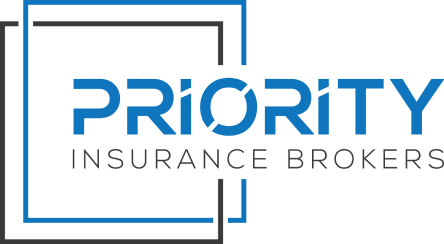As a small business owner, you probably juggle numerous responsibilities: marketing, customer service, financial management, etc. Amidst all this, you must always remember to safeguard your business with appropriate insurance, such as public liability insurance. Without it, one public liability incident could impact your reputation and financial well-being. In this blog post, we will cover the basics of public liability insurance, its coverage scope, its cost, and more to help you make informed decisions.
Understanding the Basics: What is Public Liability Insurance?
Public liability insurance is a type of insurance that provides protection when a third party claims damages or injury due to your business operations. This insurance covers the cost of legal claims, medical expenses, property damage, and other related expenses. Public liability insurance helps prevent financial loss and defend your business’s reputation when something goes wrong.
The Scope of Coverage: What Does Public Liability Insurance Protect Against?
Public liability insurance covers various scenarios and incidents, including slips and falls, product defect claims, and property damage claims. If your business regularly interacts with clients, vendors, or the general public, you need public liability insurance to protect against accidental harm or damage.
Who Needs Public Liability Insurance?
Public liability insurance is essential for any business that interacts with the public. This includes retail stores, restaurants, contractors, and consultants. You need public liability insurance if your business is involved in activities that could harm others or their property, such as offering professional advice or performing complex tasks.

The Cost Factor: Determining Your Premiums
The cost of public liability insurance depends on several factors, such as your business type, annual turnover, the level of risk, and overall coverage. The higher the risk of injury or damage, the higher the premiums will be. However, this doesn’t mean that you should skimp on insurance. Instead, opt for a policy that provides adequate coverage while staying within your budget. Make sure to factor in insurance costs in your financial planning and budgeting to avoid being caught off-guard.
Decoding Insurance Jargon: Key Terms Explained
As with any industry, insurance has its own set of jargon that can be confusing to navigate. Here are some of the most common terms and their meanings:
Premium: The amount you pay for insurance coverage.
Excess – The amount you need to pay upfront before your insurance kicks in.
Sum insured – The maximum amount your insurer will pay in case of a claim.
Covers – The type of perils or events covered by your insurance.
Finding the Right Policy
When choosing a public liability insurance policy, it’s important to compare policies from multiple insurers to find the best coverage for your business’s specific needs. Here are some tips:
- Look for an insurer with experience in your industry.
- Read online reviews from other business owners.
- Check for add-on coverage beyond basic public liability insurance.
- Make sure that the policy covers your business’s specific needs.
- Ask potential insurers valuable questions to understand policy limitations better.
Proactive Measures to Minimise Liability
While public liability insurance provides valuable protection for your business, it is always better to prevent incidents from happening in the first place. Here are some proactive measures that businesses can take:
- Implement effective safety policies and procedures.
- Regularly inspect premises and equipment for potential hazards.
- Provide staff with adequate training and protective gear.
- Document all procedures to avoid confusion in case of a liability claim.
Public Liability Insurance Myths
There are many myths related to public liability insurance. Let’s have a closer look and separate fact from fiction:
Myth 1: Public Liability Insurance is too expensive for small businesses.
Fact: While premiums may vary depending on your business type and level of risk, public liability insurance is not necessarily expensive compared to the consequences of needing adequate coverage.
Myth 2: If customers sign a waiver, your business is protected from liability claims.
Fact: Waivers protect your business to some extent but only partially. It would help if you still had public liability insurance since waivers can be challenged in court.
Balancing Cost and Coverage
Choosing the right public liability insurance that balances cost and coverage is critical for small business success. Here are some tips to help you optimise insurance costs without compromising protection:
- Compare multiple policies.
- Look for discounts offered by insurers.
- Bundle policies, such as general liability and property insurance.
- Negotiate with insurers to get a better deal.
Conclusion
Public liability insurance is a must-have for small businesses. Even one incident caused by your business operations can wreak havoc on your finances and reputation. Understanding the basics of public liability insurance, its coverage, and costs can help you make informed decisions about insurance policies. Reducing risks and choosing the right coverage can protect your business and its future success.
Frequently Asked Questions
What does Public Liability Insurance protect against?
Public liability insurance protects against various scenarios and incidents, including slips and falls, product defect claims, and property damage claims. It is essential for businesses that interact with clients, vendors, or the public, as it guards against accidental harm or damage.
Who needs Public Liability Insurance?
Public liability insurance is essential for businesses that interact with the public, such as retail stores, restaurants, contractors, and consultants. If your business activities could potentially harm others or their property, whether through professional advice or complex tasks, you need this insurance.
How is the cost of Public Liability Insurance determined?
The cost of public liability insurance depends on factors like your business type, annual turnover, the level of risk, and overall coverage. Higher risk typically results in higher premiums. It’s important to find a policy that offers adequate coverage within your budget and to include insurance costs in your financial planning.
How can I balance cost and coverage when choosing Public Liability Insurance?
To optimise insurance costs without compromising protection:
– Compare multiple policies.
– Look for discounts offered by insurers.
– Consider bundling policies, such as general liability and property insurance.
– Negotiate with insurers to get a better deal.







